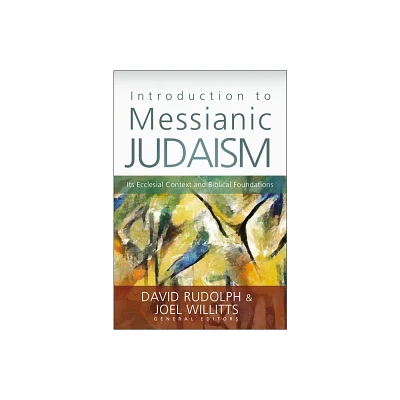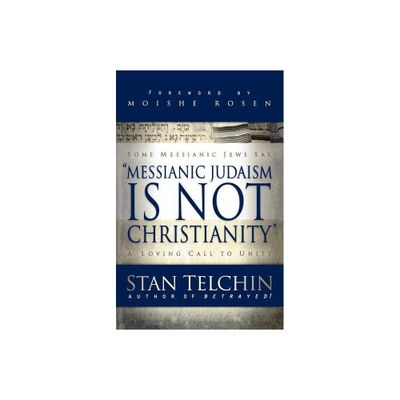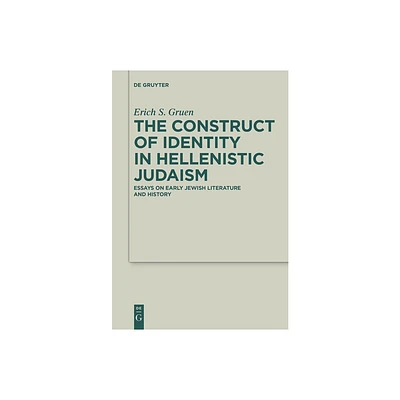Home
Passing Over Easter: Constructing the Boundaries of Messianic Judaism
Loading Inventory...
Barnes and Noble
Passing Over Easter: Constructing the Boundaries of Messianic Judaism
Current price: $61.00


Barnes and Noble
Passing Over Easter: Constructing the Boundaries of Messianic Judaism
Current price: $61.00
Loading Inventory...
Size: OS
*Product Information may vary - to confirm product availability, pricing, and additional information please contact Barnes and Noble
Chosen by Yahweh, saved by Jesus, Messianic Jews identify themselves as both Christian and Jewish and yet neither.
Passing Over Easter
brings this peculiar movement to life with an ethnographic look at Adat HaRauch, a Messianic Jewish congregation in Southern California. The ethnic Jews who have "found the Lord," the Gentiles with a "heart for Israel" that make up Adat HaRauch negotiate their identity borrowing from both traditions. The congregants see Yshua (the Hebrew name for Jesus) as the Jewish Messiah, the passover matzoh as symbolic of Yshua's body being broken for sinners, the New Testament as a fulfillment of the Old. Through participant observation, in-depth interviews, and reflections on her own beliefs and role as researcher, Feher paints a fascinating picture of this fluctuating religious group.
makes a compelling read for sociologists concerned with new religious movements and group formation, students of Jewish identity and Jewish-Christian relations and anyone interested in the contemporary American religious scene.
Passing Over Easter
brings this peculiar movement to life with an ethnographic look at Adat HaRauch, a Messianic Jewish congregation in Southern California. The ethnic Jews who have "found the Lord," the Gentiles with a "heart for Israel" that make up Adat HaRauch negotiate their identity borrowing from both traditions. The congregants see Yshua (the Hebrew name for Jesus) as the Jewish Messiah, the passover matzoh as symbolic of Yshua's body being broken for sinners, the New Testament as a fulfillment of the Old. Through participant observation, in-depth interviews, and reflections on her own beliefs and role as researcher, Feher paints a fascinating picture of this fluctuating religious group.
makes a compelling read for sociologists concerned with new religious movements and group formation, students of Jewish identity and Jewish-Christian relations and anyone interested in the contemporary American religious scene.


















